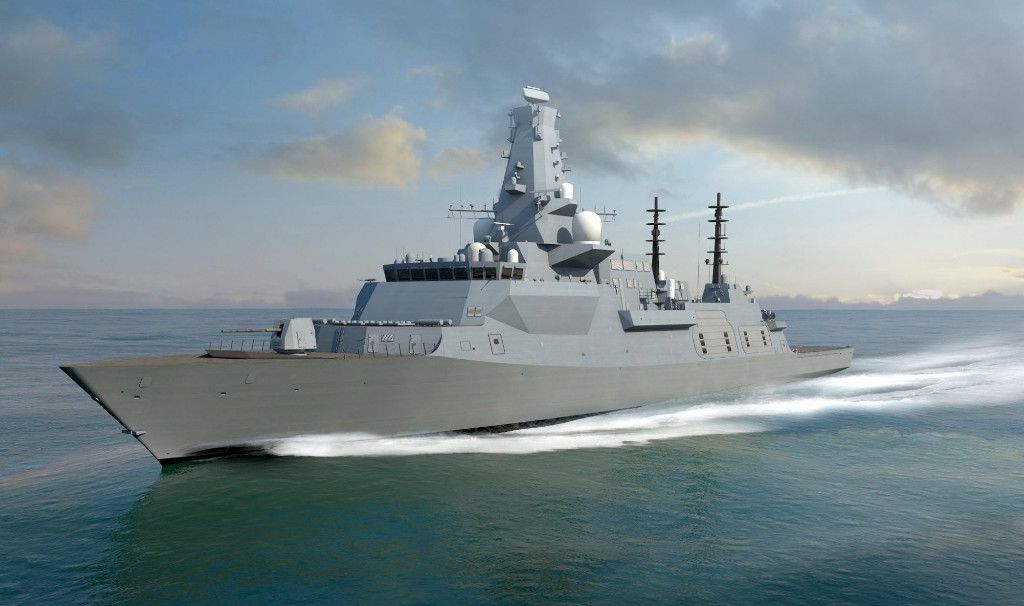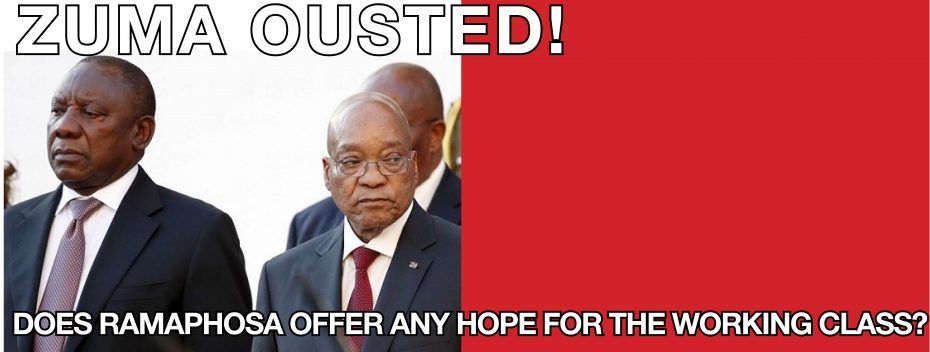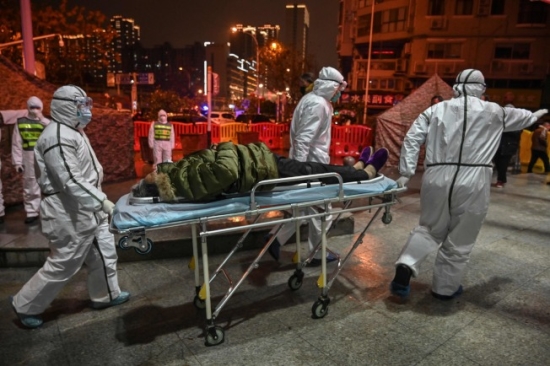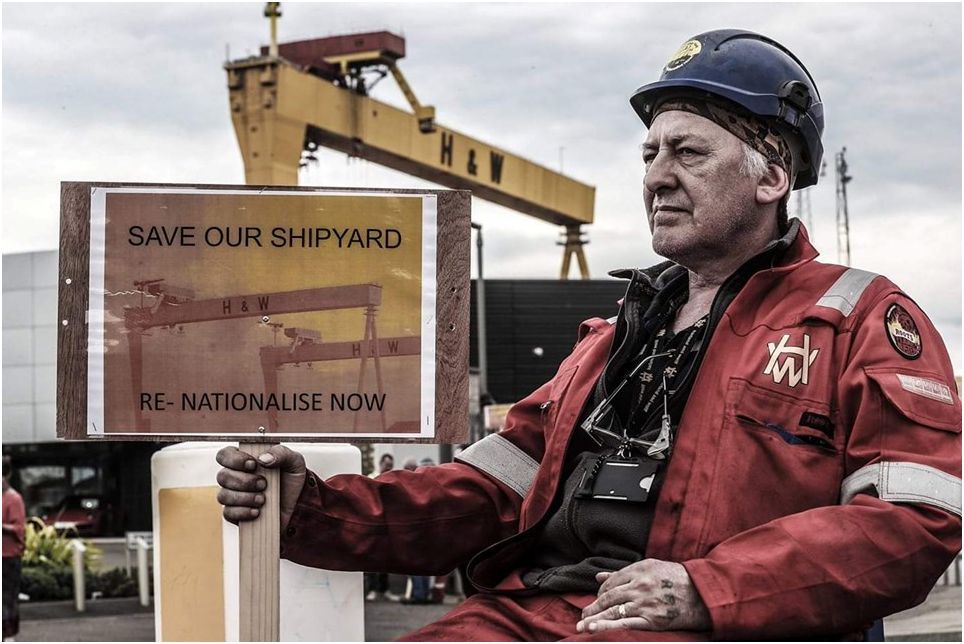With this global pandemic, with so many people’s lives being thrown into flux and uncertainty, it can be nice to remind ourselves of things that have stood fast and unchanging, the familiar things that remind us of our lives before the crisis.
Don’t worry. Canada’s government continues to buy weapons of war to kill people and plans to increase the military budget dramatically.
Don’t Worry. The government continues to sell weapons to the Saudis to help them carry out genocide in Yemen.
Don’t worry. Canadian governments are still dumping billions of dollars into pipelines despite the oncoming depression, the massive economic pressures facing working people this very moment, oh, and climate change: that’s still happening.
Don’t worry! Our government has shown that despite these extraordinary circumstances, they’re still willing to keep up with business as usual ‒ that business being weapons and fossil fuels.
Justin Trudeau’s government has shown a clear commitment to both the arms trade and to the fossil fuel industry.
Canada has, let’s say, a checkered past when it comes to arms’ exports; as of this writing Canada has sold over 700 Light Armored Vehicles (LAVs) to Saudi Arabia in the last five years. The House of Saud, the ruling royal family, has a staggering list of human rights abuses to its name, including most recently the deliberate targeting of medical workers in Yemen.
Trudeau promised to “review” Canada’s arms deals with the Saudis after journalist Jamal Khashoggi was murdered by the regime, but so far, the deal remains in place. The Canadian government insists that the LAVs sold to Saudi Arabia have not been used in military actions against Yemenis, but there is strong evidence to the contrary.
Some, including former PM Stephen Harper, have argued that crimes against humanity aside, at the very least, this arms deal is still income that benefits the Canadian economy; it could be used to help improve the lives of Canadians.
Of course, that money isn’t being spent on Canadians. It’s being spent on more weapons.
The government plans to expand Canada’s current military budget to $32.7 billion over the next decade. This includes $70 billion earmarked for 15 new warships over the next 25 years, as well as between $15 and $19 billion for 88 new fighter jets.
Our taxes are being spent on nearly $90 billion of weapons we do not need. What wars are Canada’s government expecting to fight? The vast majority of Canadians do not want war with anyone, but arms manufacture is a highly profitable industry, and our government has shown time and again it will prioritize profits over any kind of humanitarian good. The best-case scenario for these weapons is to gather cobwebs in some forgotten hangar. The worst case, and a not implausible one, is that they are used in yet another murderous imperialist venture. The United States continues to escalate tensions with Venezuela, for example, who currently possess the largest proven oil reserve on the planet. The arms trade and the fossil fuel industry are inextricably linked, and they are both massively profitable. The fact that those profits come from causing incalculable misery, and potentially dooming our species to complete ecological collapse, seems immaterial to our government.
Speaking of fossil fuels, here is a list of things that, as of this writing, are now more expensive than a barrel of oil:
- A six pack of beer
- A reissue of Born in the USA by Bruce Springsteen on vinyl
- A large 3-topping pizza
- A used copy of Howard Zinn’s People’s History of the United States
You could buy yourself four barrels of crude oil, or for a few dollars more you could have an entertaining and educational night in.
Despite the historic drop in oil prices, our government has continued to dump money into the fossil fuel business. While it has not yet been confirmed as of this writing, the federal and provincial governments seem poised to put through a multi-billion dollar bailout to our flagging fossil fuel industries.
On top of this, Alberta on March 31 pledged $1.5 billion to the Keystone XL pipeline, as well as another $6 billion in guaranteed loans the following year.
To put that in perspective, looking at just the $1.5 billion going to the Keystone pipeline, a high-acuity ventilator, the kind being used to save lives during this pandemic, the kind we are desperately in need of, retails for between $25,000-$50,000. Even by the most conservative estimate, that $1.5 billion would purchase 30,000 ventilators. We could be saving countless lives with the exorbitant amount of money the government plans to spend on the fossil fuel industry. Instead we’ve decided to endanger lives for profit.
Despite the pandemic, construction has not halted work on the Trans Mountain pipeline, nor the Coastal GasLink pipeline. While massive sectors of the economy are shutting down, resulting in unprecedented layoffs and gatherings of more than 50 people are banned in BC (15 in Alberta and 5 in Ontario), these enormous projects continue unabated, creating dangerous vectors for disease, putting workers, and Indigenous communities in the area at great risk.
Proponents of the Trans Mountain pipeline have argued that the depression of the global trade market brought on by COVID-19 is evidence that Canada needs to become more self-sufficient, and that the pipeline would enable us to do so. However, the current collapse of the price of crude oil suggests the opposite: would it not be better to diversify our economy and focus on a wide array of renewables rather than doubling down on the fragile and mercurial oil market?
Fossil fuels and weapons manufacture are clearly not what Canadians need right now. But the government continues to invest in them because they are making a small number of people disgustingly wealthy, and those people in turn, because of their wealth, are the ones who make the decisions.
So long as profit is the primary incentive, we will continue to do the stupid and evil thing, rather than the smart and decent thing. But your average person can tell the difference easily. In the midst of this crisis I have seen profound kindness and camaraderie from my community. People want to look out for each other, to work together, and they do it whenever they’re given the chance. Let’s keep fighting. Let’s give ourselves that chance.




